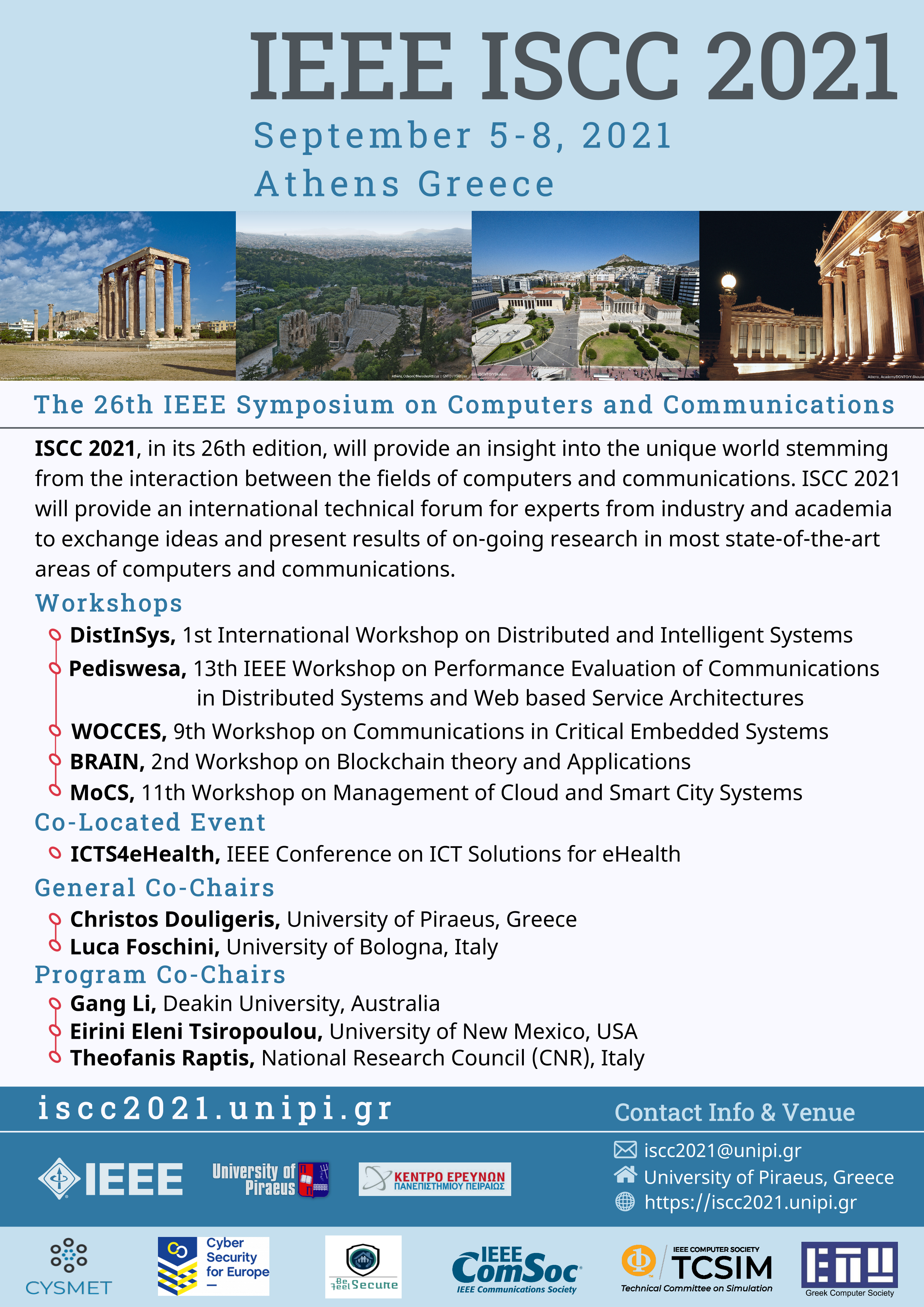-
Everywhere Reconfigurable Intelligent Surfaces: The New Bandwagon Problem in Wireless Communications
In the 80s when you asked people what type of research they are conducting mostly the answer was “High Speed Networks”. Later it was “the ATM Networks”; then “Sensor Networks”, “Cognitive Radio Networks”, “all types of MIMOs”, etc.etc. The list is long. Many researchers were blindly jumping on the bandwagon and writing many many papers on those subjects without worrying about the actual contributions. It was like a paper writing race and this trend is still continuing with the not-so-new concept of “Reconfigurable Intelligent Surfaces”. It looks like many researchers just open their eyes and find the topic interesting and start to write papers after papers of which some of them make no sense or have no actual contributions. They create some artificial scenarios and develop some mathematical models to participate into the paper writing race. Many of them do not even care about the actual functionalities of the RIS. The objective should be to advance the technology and demonstrate the utilization of this concept and not just keep writing useless papers. This can be called the “Academic Pollution”. My personal interest in this topic was based on how to solve the distance problem of the TeraHertz band communications back in 2011. We had proposed solutions like distance adaptive modulation, multipath effects and Ultra Massive MIMO (UM MIMO) in order to combat the distance problem in THz wireless systems. Finally forming a consortium with European universities back in 2014, this RIS research (http://www.visorsurf.eu) started officially by obtaining funding from the very challenging (3% acceptance rate) from EU FET (Future Emerging Technologies) program in 2016. The team consisting of almost 40 researchers with different backgrounds, Materials, Physics, Computer Science, Electrical Engineering, Communications/Networking, Antenna, Software, Hardware, Chip Design and Fabrication worked harmoniously together and produced impactful results the last 6 years. Not only papers were published but also patents were obtained. In this talk, the basic ideas behind Visorsurf will be introduced. The details of the surface operations are explained. Many realistic future challenges for the next decade will be presented.
The speech of Prof. Ian F. Akyildiz is now available here for a limited time period.
Keynote Speaker
▪ Ian F. Akyildiz, TRUVA Inc, Atlanta, GA 30022, USA, ian@truvainc.com
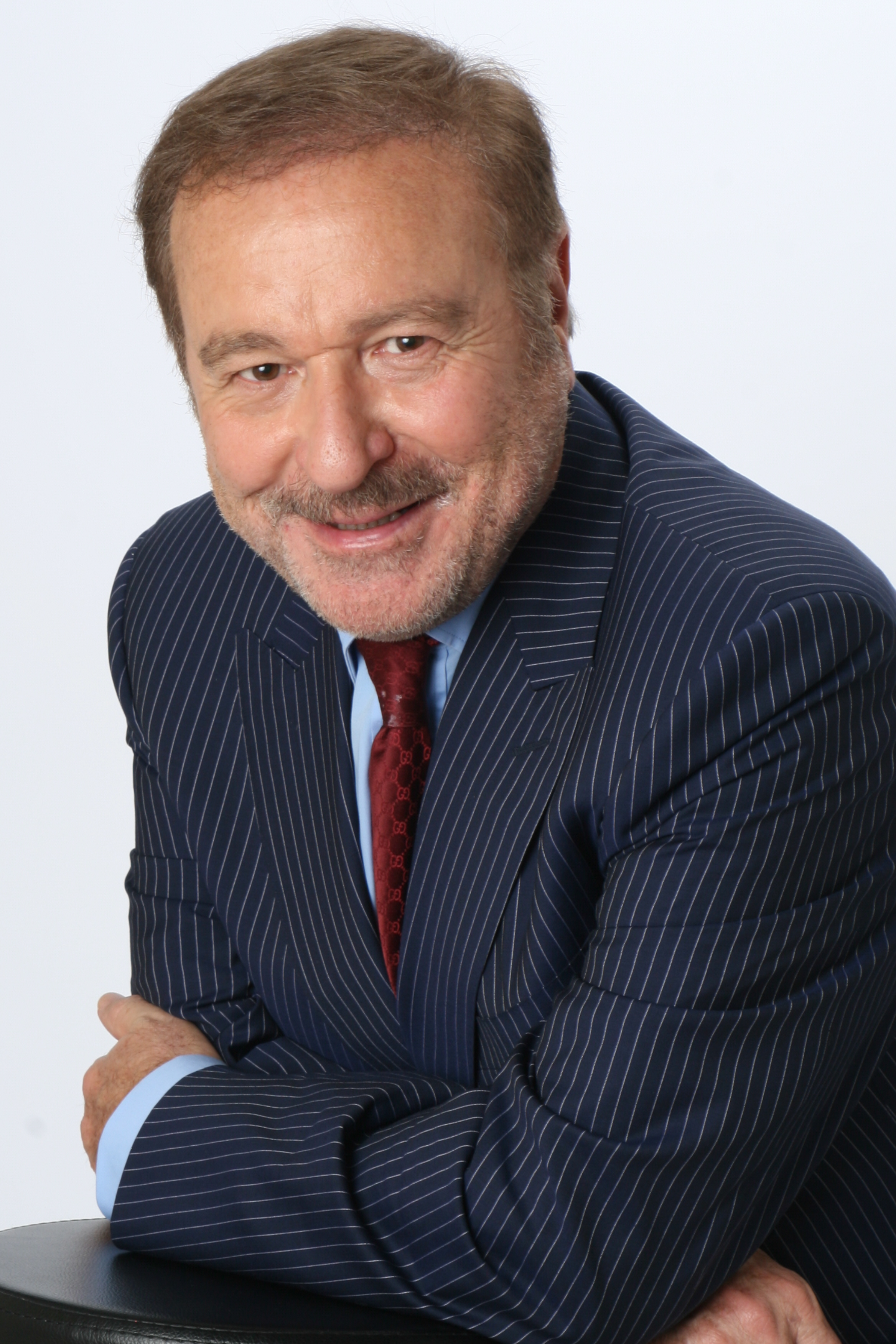
Ian F. Akyildiz received his BS, MS, and PhD degrees in Electrical and Computer Engineering from the University of Erlangen-Nürnberg, Germany, in 1978, 1981 and 1984, respectively. He is the Ken Byers Chair Professor Emeritus in Telecommunications, Past Chair of the Telecom group at the ECE and the Director of the Broadband Wireless Networking Laboratory between (1985-2020) at the Georgia Institute of Technology. Since 1989, he is the President and CTO of the Truva Inc.. He also serves on the Advisory Board of the Technology Innovation Institute (TII) in Abu Dhabi, United Arab Emirates since June 1, 2020. Dr. Akyildiz is the Megagrant Research Leader and Advisor to the Director of the Institute for Information Transmission Problems at the Russian Academy of Sciences, in Moscow, Russia, since May 2018. Dr. Akyildiz is an Adjunct Professor with University of Helsinki, Finland since May 2021. He is also a Visiting Professor with Department of Electrical Engineering at University of Iceland since September 2020. Dr. Akyildiz had many international affiliations during his career. He established many research centers in Spain, South Africa, Finland, Saudi Arabia, Germany, Russia, India, Cyprus, etc. He is the Founder and Editor in Chief of the newly established of the ITU (International Telecommunication Union) Journal on Future and Evolving Technologies (ITU-J FET) since August 2020, and is the Editor-in-Chief Emeritus of Computer Networks Journal (Elsevier) (1999-2019), the founding Editor-in-Chief Emeritus of the Ad Hoc Networks Journal (Elsevier) (2003-2019), the founding Editor-in-Chief Emeritus of the Physical Communication (PHYCOM) Journal (Elsevier) (2008-2017), and the founding Editor-in-Chief Emeritus of the Nano Communication Networks (NANOCOMNET) Journal (Elsevier) (2010-2017). Dr. Akyildiz co-launched many international conferences (ACM MobiCom, ACM SenSys, IEEE BlackSeaCom, ACM NanoCom, BalkanCom conferences the last 3 decades. He is an IEEE Fellow (1996) and ACM Fellow (1997) and received numerous awards from IEEE and ACM and other professional organizations, including Humboldt Award from Germany. His current research interests are in 6G/7G Wireless Systems, TeraHertz Communication, Reconfigurable Intelligent Surfaces, Nanonetworks, Internet of Space Things/CUBESATs, Internet of BioNanoThings, Molecular Communication and Underwater Communication. According to Google Scholar as of July 2021, his H-index is 130 and the total number of citations to his papers is 128+K. His worldwide ranking is 51 and the USA ranking is 34.
-
Evolutionary Surrogate-assisted Prescription in the COVID-19 Pandemic and Beyond
How can we make good decisions in healthcare, business, engineering, education, and indeed in life in general? Good decisions are often based on experience: recalling what decisions were made in similar situations in the past, how well they worked out, and modifying them to achieve good outcomes in current situation. Evolutionary Surrogate-assisted Prescription (ESP) is a machine learning technology that makes it possible to come up with good decision strategies automatically. The idea is to use historical data to build a predictive surrogate model, and population based search (i.e. evolutionary computation) to discover good decision strategies against it. I’ll review the technology and evaluate it in several examples, including optimizing behavior in sequential decision tasks, and optimizing non-pharmaceutical interventions in the COVID-19 pandemic. The method is found to be sample efficient and creative, forming a foundation for optimizing many decision tasks in the future.
The speech of Prof. Risto Miikkulainen is now available here for a limited time period.
Keynote Speaker
▪ Risto Miikkulainen, University of Texas at Austin and Cognizant Technology Solutions, USA
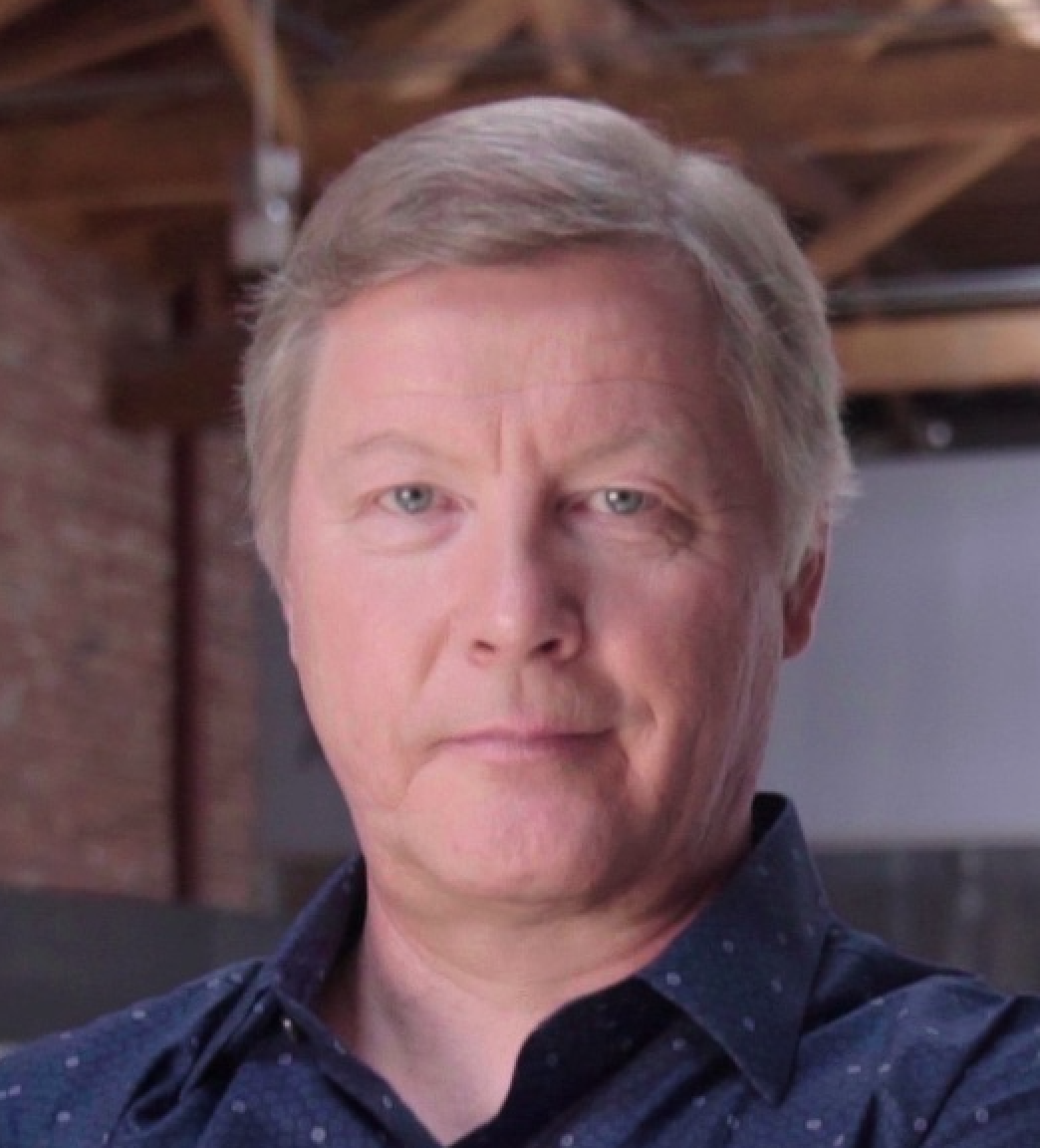
Risto Miikkulainen is a Professor of Computer Science at the University of Texas at Austin and Associate VP of Evolutionary AI at Cognizant. He received an M.S. in Engineering from Helsinki University of Technology (now Aalto University) in 1986, and a Ph.D. in Computer Science from UCLA in 1990. His current research focuses on methods and applications of neuroevolution, as well as neural network models of natural language processing and vision; he is an author of over 450 articles in these research areas. At Cognizant, he is scaling up these approaches to real-world problems. Risto is an IEEE Fellow; his work on neuroevolution has recently been recognized with the IEEE CIS Evolutionary Computation Pioneer Award, the Gabor Award of the International Neural Network Society and Outstanding Paper of the Decade Award of the International Society for Artificial Life.
-
Wireless Federated Learning for 6G Networks
Conventional machine learning techniques are conducted in a centralized manner. Recently, the massive volume of generated wireless data, the privacy concerns and the increasing computing capabilities of wireless end-devices have led to the emergence of a promising decentralized solution, termed as Wireless Federated Learning (WFL). In this talk, the application of WFL in 6G networks will be presented. After analyzing the key concepts of WFL, we will discuss the core challenges of WFL imposed by the wireless environment. Finally, we shed light to the future directions of WFL, aiming to compose a constructive integration of FL into the future wireless networks. Finally, a novel communication protocol for WFL networks, that is based on NOMA will be introduced and optimized.
The speech of Prof. George K. Karagiannidis is now available here for a limited time period.
Keynote Speaker
▪ George K. Karagiannidis, Aristotle University of Thessaloniki, Thessaloniki, Greece geokarag@auth.gr
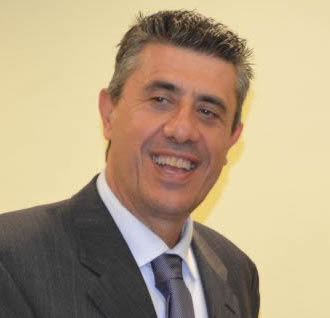
George K. Karagiannidis is currently Professor in the Electrical & Computer Engineering Dept. of Aristotle University of Thessaloniki, Greece, and Head of Wireless Communications & Information Processing (WCIP) Group. His research interests are in the broad area of Digital Communications Systems and Signal processing, with emphasis on Wireless Communications, Optical Wireless Communications, Wireless Power Transfer and Applications and Communications & Signal Processing for Biomedical Engineering. Dr. Karagiannidis was the Editor-in Chief of IEEE Communications Letters and currently, he serves as Associate Editor-in Chief of IEEE Open Journal of Communications Society. Dr. Karagiannidis is one of the highly-cited authors across all areas of Electrical Engineering, recognized from Clarivate Analytics as Web-of-Science Highly-Cited Researcher in the six consecutive years 2015-2020.
-
Gigabit Connectivity: European Recovery & Resilience Plans for Very High Speed Networks
The keynote describes current experience of the speaker with the Italian Digital Transition Ministry to prepare a recovery and resilience national plan to reach all households, shops and small enterprises in Italy, in the next 5 years with gigabit fiber or fixed wireless access systems. The talk will explain current mapping criteria to evaluate maximum channel capacity and peak download speeds under busy hour traffic conditions, in order to apply State Aids for developing VHCN fixed infrastructures. Reference is given to current approaches of other European countries.
Keynote Speaker
▪ Maurizio Dècina, Past President, IEEE Communications Society, Politecnico di Milano
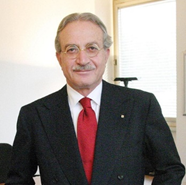
Maurizio Dècina is Emeritus Professor of the Politecnico di Milano, Milan Italy. He equally shared his 55-year career in telecommunications between industry and university. He was scientific consultant for AT&T Bell Laboratories in Chicago, scientific Director and founder of the CEFRIEL consortium in Milan, and Executive R&D Director of Italtel in Milan. Prof. Dècina was a Commissioner of the Italian Communications Authority, AGCOM, in Rome, President of Infratel and President of the Ugo Bordoni Foundation, in Rome, and Member of the Board of Telecom Italia, Italtel and several other ICT Companies Prof. Dècina was President of the IEEE Communications Society. IEEE appointed him Life Fellow for contributions to voice/data packet switching, and he received three IEEE Awards: International Communications, Third Millennium Medal, and ComSoc/KICS Global Service.
